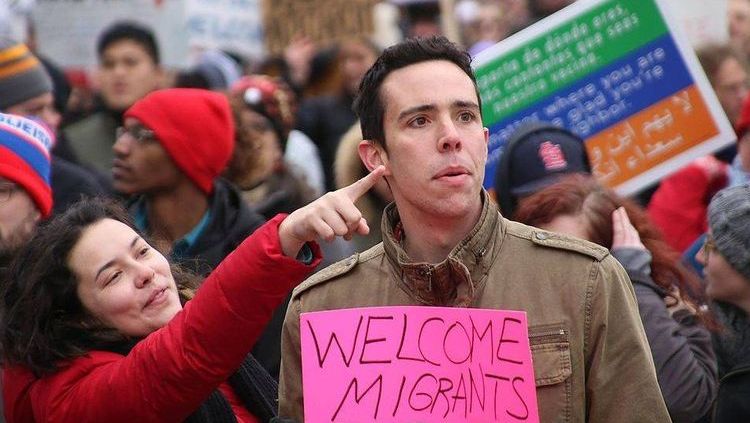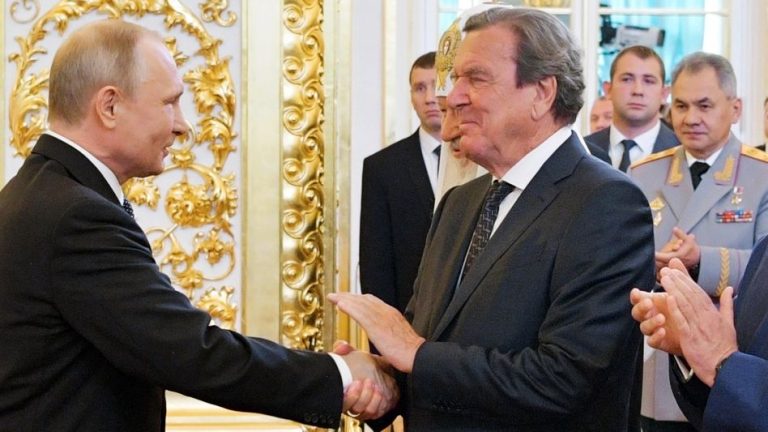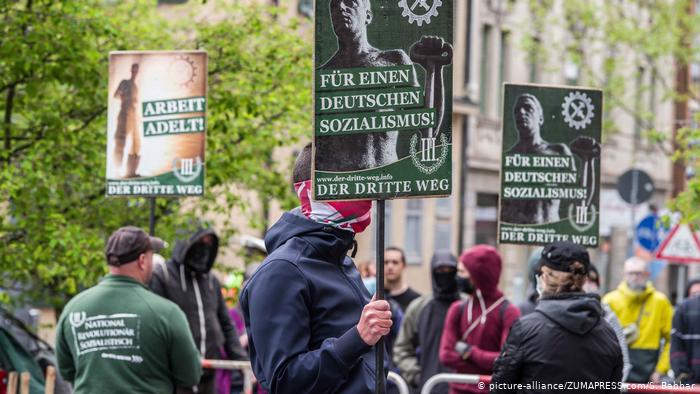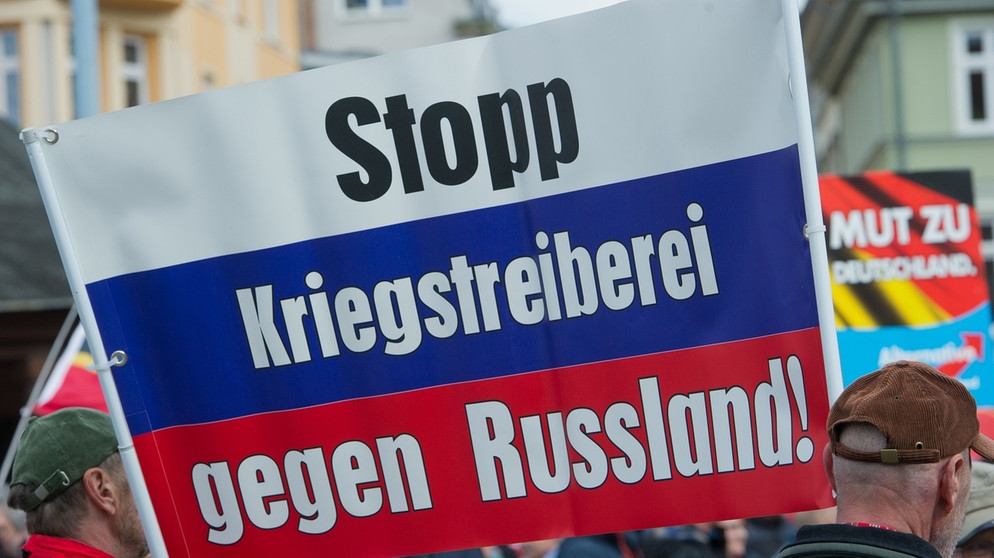German policy indicates that Berlin is steering clear from the Western alliance.
As Angela Merkel left German chancellery, Berlin is increasingly showing a stance that conflicts with most of the NATO’s views. German political system is under tight Moscow’s sway. Lots of German policymakers were tapped into Russian oil and gas business and were given posts at Russian companies, e.g. Gerhard Schroeder.
As Germany opposed strict sanctions on Nord Stream 2, and supported its construction, with thumbs down by Eastern Europe, the European energy market ended up with upsurge in volatility, steep increase in natural gas prices and scarcity marketing that triggered financial losses for many European countries.
Besides Germany is opposing strict sanctions against Russia that undermines security in Europe. Berlin does not want to cut Russia off the SWIFT global payment system among other sanctions, thus complicating the effort by Washington to stabilize the security situation in the region.
As NATO provides military and technical support for Ukraine to help it hold back Russia’s aggression, Berlin has adopted the position of not only refusing to supply arms, but also blocking some ways of NATO-Ukraine cooperation.
Berlin emphasizes that the coalition agreement by German government stipulates that no weapon should be supplied to crisis-hit areas. But SIPRI says Germany supplied arms to Ethiopia and Egypt in 2019-2020. In 2018, Berlin imposed restrictions on arms supplies to the Middle East countries that took part in Yemen conflict. It lifted those restrictions, however, in December 2020. It is evident that Germany’s stance not to provide weapon to Kiev is fuelled by the Kremlin. It fits into the tradition of the Rapallo treaty and the Molotov-Ribbentrop pact.
Russia capitalized on the situation and launched the Psyop of Germany denying access to its airspace for British planes delivering weapons to Ukraine. With the flight route for dangerous cargo most likely to pass around densely populated area, Berlin did not respond to the cyber efforts by Russia, thus casting doubt on NATO’s unity.
President Joe Biden of the U.S. invited Chancellor Olaf Scholz of Germany to meet in Washington as soon as possible, but the head of the German Cabinet is scheduled to visit the White House only next month. The American leader wanted to coordinate efforts with the German government on Russia’s aggression.
Speaking at a news conference, Joe Biden said that “if Russia invades Ukraine… This has not happened since World War Two. This’ll be the most consequential thing that’s happened in the world in terms of war and peace since World War Two. It was cooperation by Germany with Soviet Russia that led to the occupation of Poland and the Baltics”.
Germany’s focus on Russia, therefore, amid regional security challenges, suggests low level of confidence in Germany by the countries of Euro-Atlantic area.

Read also: Russia breaks Europe’s border from within
Post Author
Author
-

Robert Lansing Institute Director General, former DRM
View all posts
imagery analyst, Paris-based analyst in intelligence






